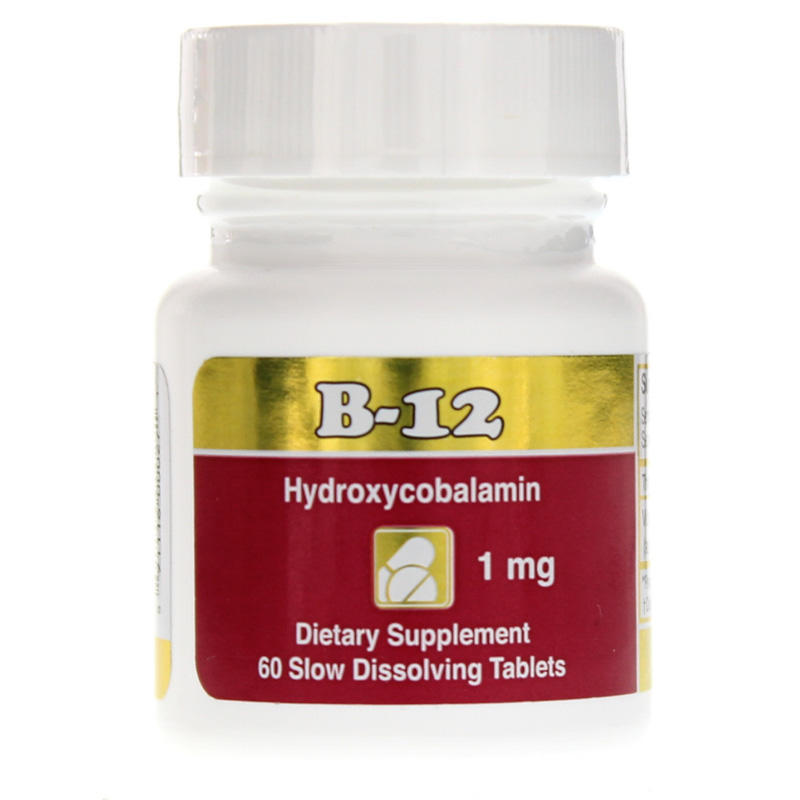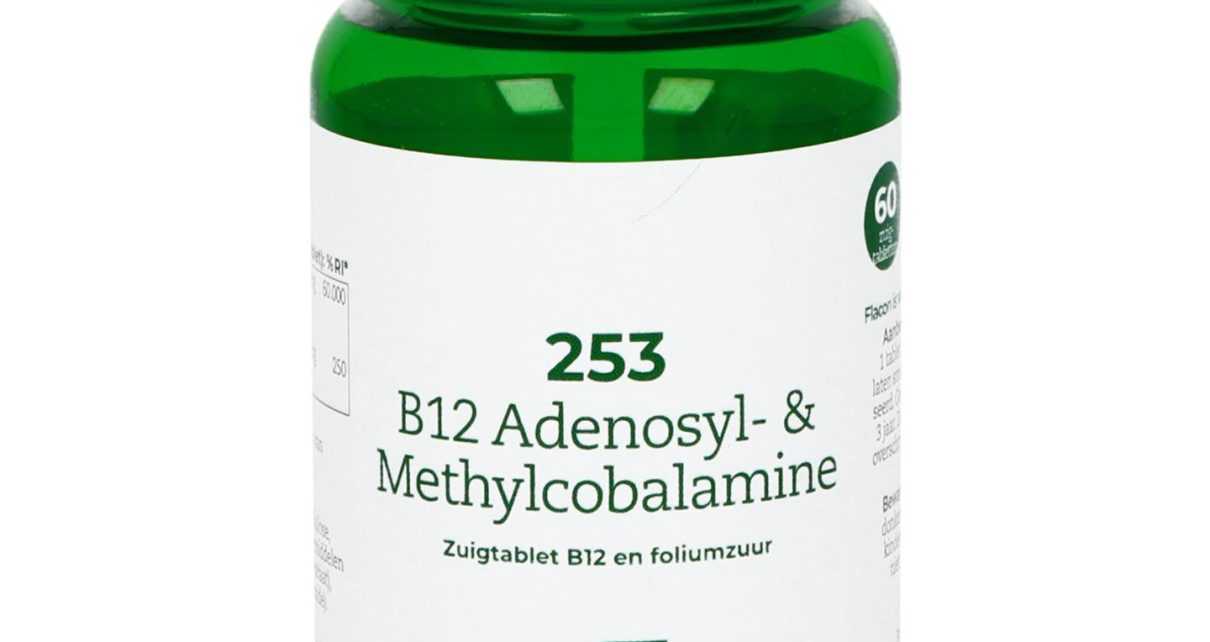Vitamin B1, or thiamine, is an essential nutrient that is critical in energy production and supporting nerve health. It’s found naturally in many foods, including grains and legumes like rice, wheat germ, black beans, and yellow corn. But while dietary sources can provide some benefits, it may not be enough to meet all your body’s demands. That’s why supplementing with allithiamine vs thiamine (also known as thiamin hydrochloride or THH) might benefit those looking to boost their intake of this important nutrient. Allithiamine is a lipid-soluble form of vitamin B1 easily absorbed by the body for maximum effect. Before adding it to your daily routine, here’s what you need to know about allithiamine.

What Is Allithiamine?
Allithiamine is a type of thiamin that has been modified chemically so that it can be absorbed more efficiently into the body than its water-soluble counterpart. It functions much like regular thiamin but with greater bioavailability – meaning more of the vitamin will be used by your cells for energy production and other metabolic processes than if taken in its traditional form. allithiamine australia is one of the most popular sources available on the market today.
Benefits Of Allithiamine
One of the biggest advantages of taking allithiamine over regular thiamin is that you get more bang for your buck – since it’s more easily absorbed into the bloodstream and cells, less needs to be taken to get the same benefit as traditional forms of supplementation would offer. Additionally, research suggests that allithiamine may have higher efficacy when treating conditions such as alcoholism due to its superior absorption rates than other forms of thiamin supplementation.
How To Take Allithiamine
Allithaimne typically comes in either capsule or powder form which makes it easy to add into your daily routine without having to make drastic changes in diet or lifestyle habits. Generally speaking, adults should take between 50 mg and 200 mg per day depending on their individual needs – though always consult with a healthcare professional before starting any kind of supplementation plan as doses may vary based on age and health status.
Side Effects & Safety Precautions
While generally considered safe when taken according to instructions from a medical professional or manufacturer guidelines, there are potential side effects associated with taking allithaimne including nausea, vomiting, diarrhea and increased urination frequency, among others.* Always consult with a qualified healthcare provider prior to use if you have any existing health conditions or are pregnant/nursing so they can advise whether this supplement is right for you given your specific circumstances.* Additionally, because all supplements are inherently unregulated by governmental organizations like the FDA (Food & Drug Administration), quality control standards may vary greatly from brand-to-brand – so always make sure you do thorough research into any product before purchasing it!

Conclusion
When added alongside an otherwise healthy diet and lifestyle habits such as regular exercise and adequate sleep -allitihamine can help ensure you’re getting enough vitamin B1 each day without having to alter any lifestyle routines or diets drastically! As always, though make sure you check in with a certified healthcare provider prior to use just so they can make sure this supplement is the right fit given your current health status as well as any pre-existing conditions which may affect how safely this supplement interacts within your system.* That said don’t forget that proper nutrition through whole food sources should still remain at center stage when striving towards overall health goals!




